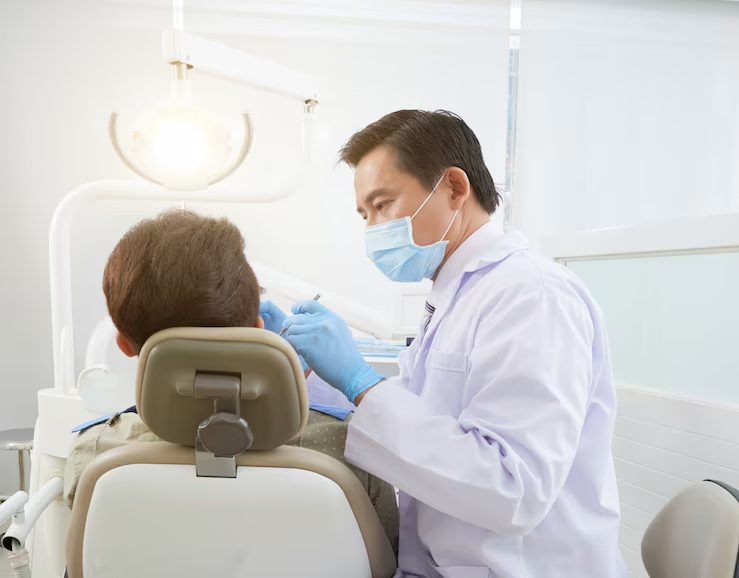Climate change presents significant challenges that extend beyond the environment, impacting the health sector, including dentistry. Rising global temperatures, increased frequency of natural disasters, and extreme weather conditions are reshaping how medical professionals, including dentists, deliver care. Moreover, dentistry carries the responsibility of reducing its carbon footprint and contributing to climate change mitigation for improved global health.
One of the primary challenges for dentistry in facing climate change is managing the environmental impact of medical waste. Materials such as mercury-containing amalgam, single-use tools, and plastic waste from gloves and personal protective equipment pose significant risks of environmental contamination. Disposal processes often require high energy and carry chemical pollution risks that can affect water and soil quality. To address these challenges, the dental profession must adopt sustainable practices, including recycling materials, using environmentally friendly alternatives, and selecting biodegradable options.
Dentistry also faces the need for eco-friendly facilities and equipment. Many dental tools, such as sterilizers and specialized lighting, require significant energy. With rising energy costs and the push to reduce greenhouse gas emissions, dentists must explore energy-efficient technologies. Installing LED lighting, adopting energy-saving devices, and utilizing digital technology to reduce reliance on paper and printing materials can help make dental practices more sustainable.
Rising temperatures and changing weather patterns due to climate change also pose health challenges for patients. Extreme heat can increase the risk of oral and gum infections as higher temperatures promote bacterial growth. Additionally, extreme weather events such as floods and wildfires can limit patients' access to dental care, particularly in remote or disaster-affected areas. This situation calls for healthcare providers to enhance flexibility in service delivery, such as offering telemedicine or remote consultations to mitigate access challenges during emergencies.
Beyond its environmental impacts, climate change exacerbates certain oral health issues. Global warming and increased air pollution can worsen allergies and asthma, which in turn affect oral health. Patients with respiratory problems often resort to mouth breathing, leading to dry mouth and increased risks of cavities and gum infections. Dentists need to be aware of these connections to provide appropriate care and educate patients on maintaining oral health amidst increasing environmental risks.
To address these challenges, the dental profession can contribute by implementing sustainable practices in daily operations. Educating patients about healthy lifestyles and eco-friendly habits can also be part of dental care services. For instance, dentists can recommend using bamboo toothbrushes or environmentally friendly products and reducing the use of single-use items. Dental clinics can support global efforts to reduce carbon emissions by participating in "green" programs aimed at conserving electricity and water and optimizing energy efficiency within clinic environments.
Overall, the challenges faced by dentistry in tackling climate change require greater awareness of the environmental impact of everyday medical practices. By adopting sustainable practices, reducing waste, and delivering responsive care to patients in the context of climate change, dentistry can contribute to better global health while supporting the planet's sustainability.
Addressing climate change challenges, such as increased infection risks and limited access to healthcare, impacts patients' overall well-being. By resolving these issues, dentistry contributes to broader health improvements, supporting Sustainable Development Goal (SDG) 3: Good Health and Well-being. Furthermore, sustainable dental practices, such as better waste management and the use of eco-friendly materials, contribute to SDG 6: Clean Water and Sanitation by preserving water quality.
Author: Rizky B. Hendrawan | Photo: Freepik

